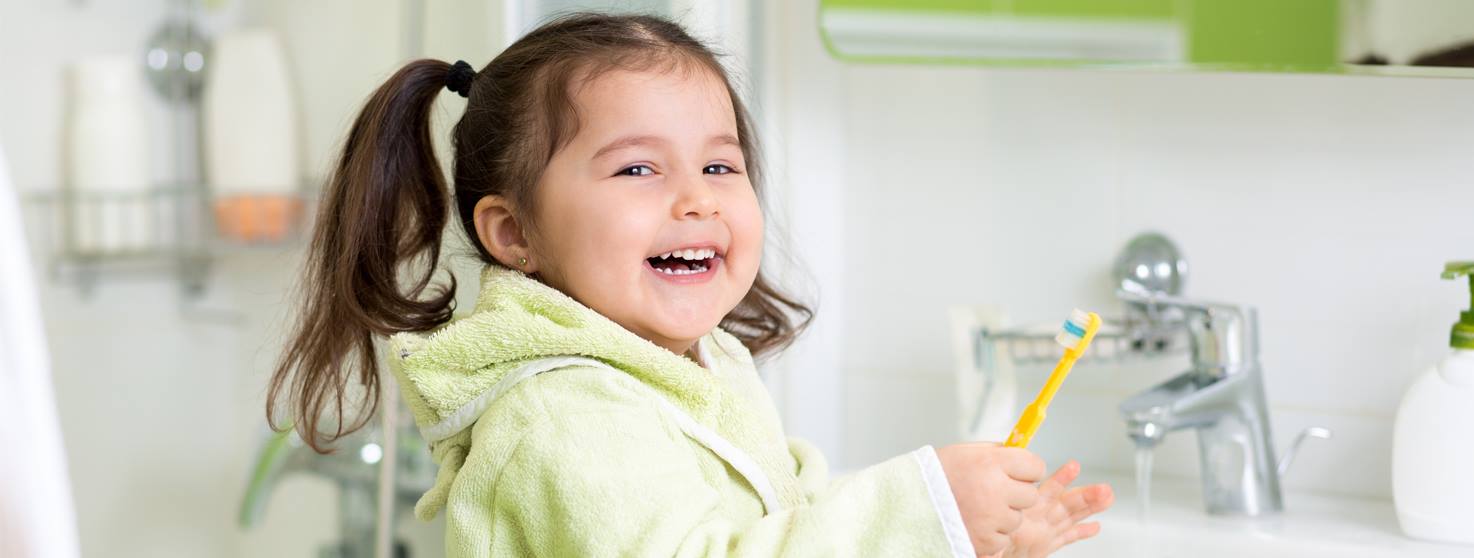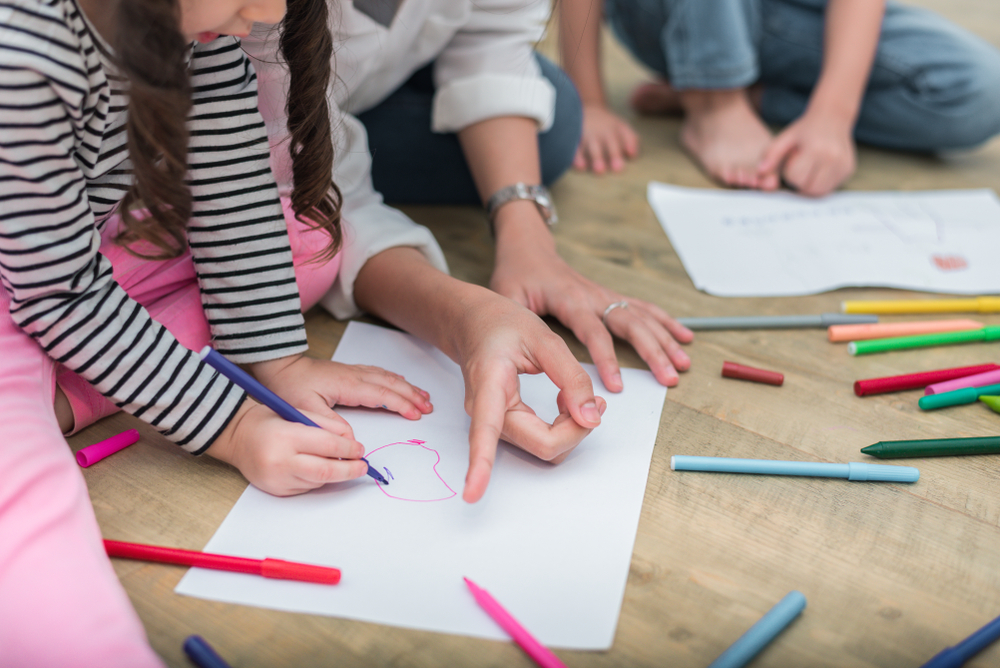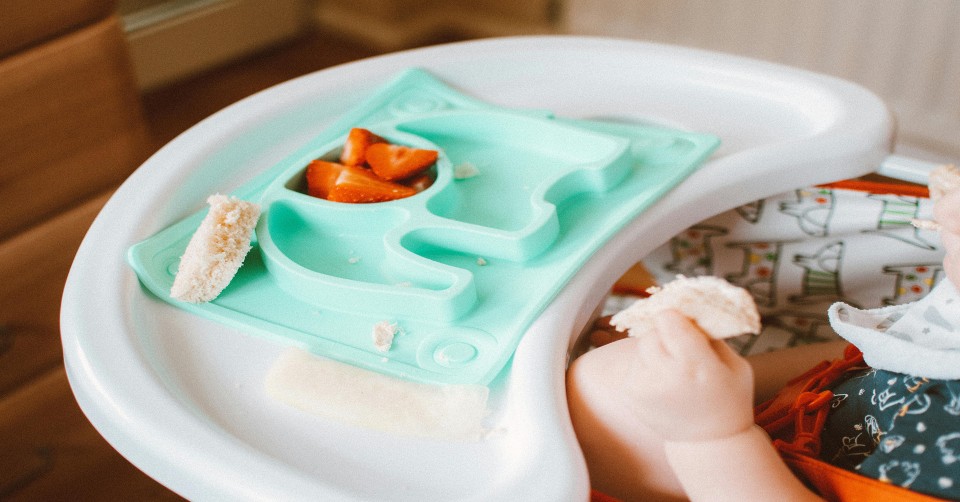Preschoolers 3-4 Years
How to help our kids cope with new life changes?

Written By: Dalia Saad - I Can Coach
The element of ‘Change’ is very important in the lives of our kids. Our children face many changes throughout their childhood. It could be a small change such as joining a new team, changing schools, changing houses, to a big change such as moving to a new country, the birth of a sibling or divorce. Death of a pet or the death of someone significant in our kids lives is also considered a significant ‘Change’.
Having the element of ‘Change’ as a major part of my life makes me always look for a way to manage it. I’m a mother of 2 and have to move every couple of years due to my husband’s work. Changing countries, houses, schools hasn’t been easy for the kids especially for my 8 year old who started understanding the meaning of change.
Managing change is an essential life skill. How kids respond to change will impact their self esteem, happiness and what they are able to create in their lives.

Luckily, kids can learn how to manage change in a way that supports in moving forward. When we help them realize that change is an opportunity for them to push outside their comfort zone, to experience new things and develop their self-confidence, change becomes more acceptable.
Kids respond to change differently; some kids experience denial, fear, sadness, anger, resistance or acceptance and embracing. This may impact their behavior depending on the underlining emotion such as becoming more clingy, having temper tantrums or resistance.
To help our kids accept ‘Change’ we need to look for a way to shift the negative thoughts that they connected with the change.
Shifting helps us move from experiencing the change as victims to standing in our power and choosing to respond in a positive way. Here are some strategies to help your child manage change:
Step 1: Talk about the change
Help your child understand what the change is and how it may impact them.
Allow them to share their thoughts and feelings about the change; its easier for them to move forward when they feel understood and heard.
Step 2: Encourage your child to visualize embracing the change;
Encouraging your child to visualize themselves in the new situation experiencing the positive aspects of the change is very beneficial as our brains do not differentiate real and imaginary situations. This can be done through play or through drawing for younger children.
Step 3: Help your child prepare for the change
If they are changing schools arrange for a tour to help your kid become comfortable with the environment.

Step 4: Be physically and emotionally present during the change;
Check with your kids how they are doing with the change, and if the change is stressful, take time out for fun.
Step 5: Allow your kids to participate in the change
For example let them help with choosing the new house, our decide on which room they would like to have.
Step 6: Maintain a “normal” environment at home
Try to maintain bedtime routine or any family rituals you may have.
Step 7: Watch for signs of stress
It could be difficulty in sleeping, bad dreams, changes in behavior, eating habits, headaches or stomach aches.

As a kids coach, to help my kids settle in and start accepting change once we move to a new city is hanging our family pictures as soon we’re in the new house. I feel that as soon as we do this they have a sense of belonging to the place we are at.
Teaching and practicing change management strategies is very effective and important for our kids wellbeing. It builds courage and self-confidence making it easier to face and deal change now and in the future.
[For more information contact I Can Self Development for Kids. Our coaches will be happy to support you and answer your questions].














